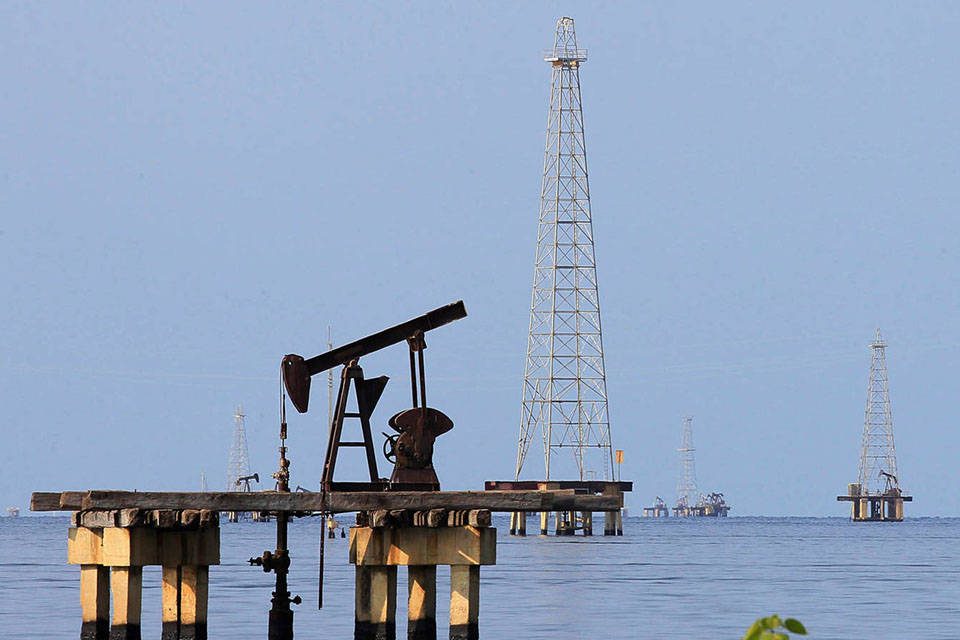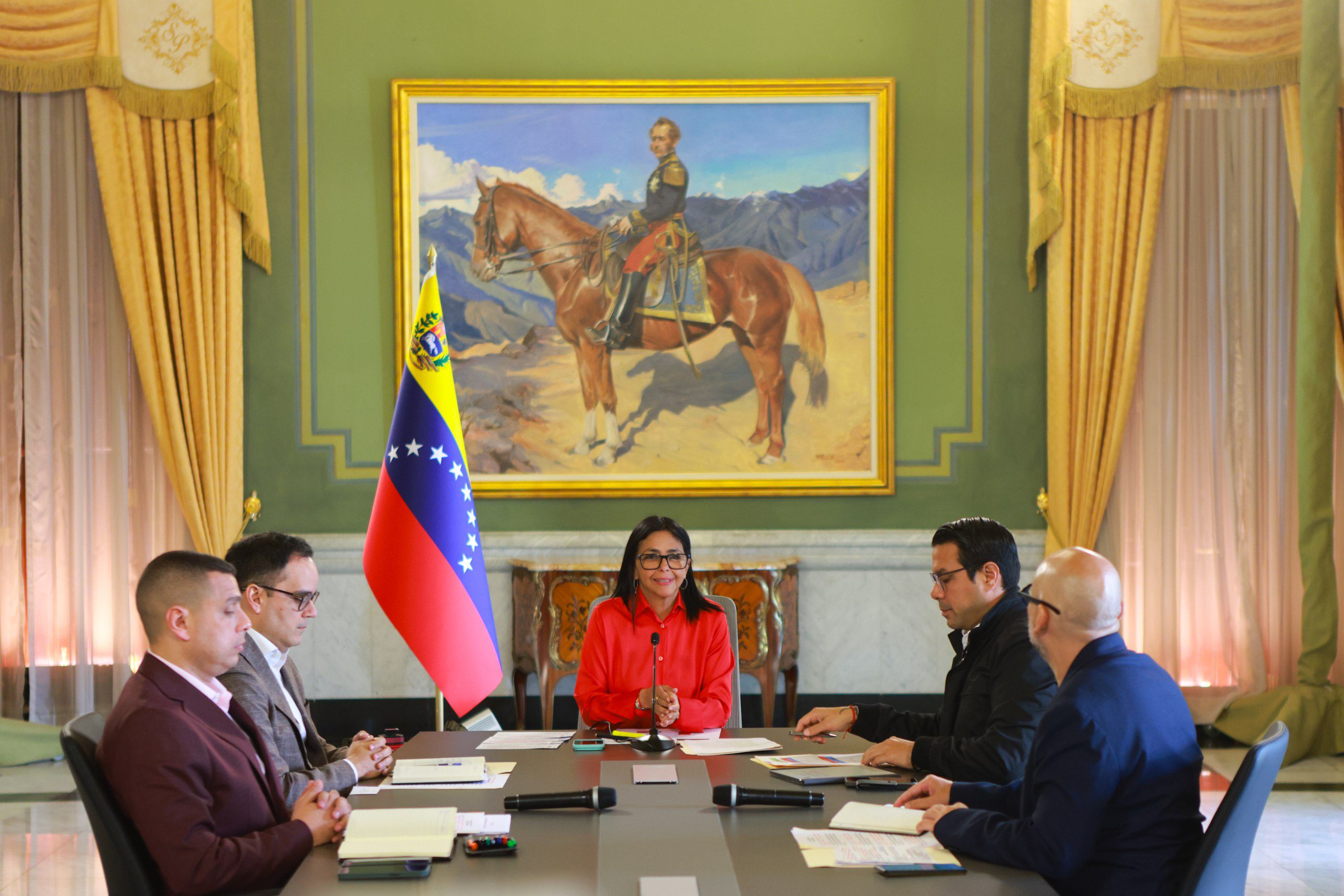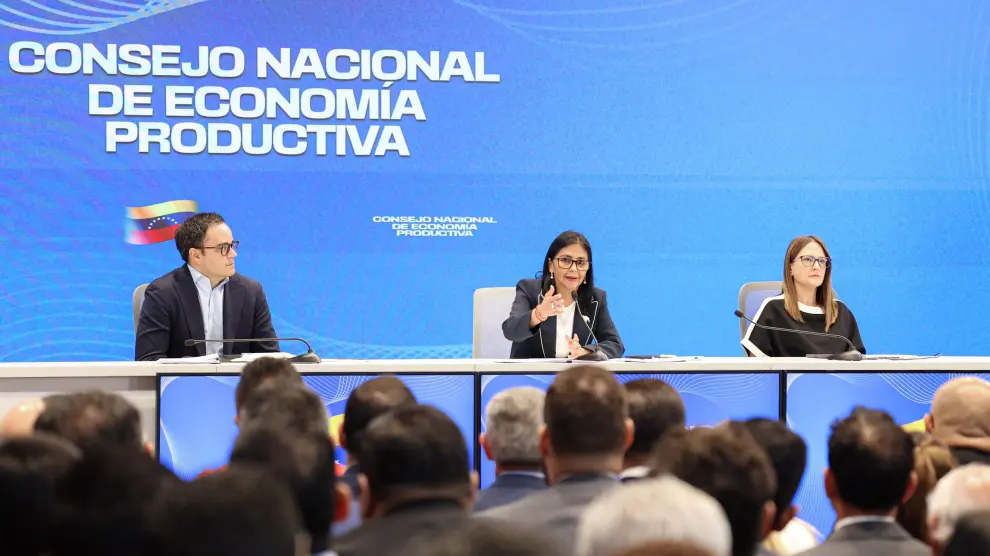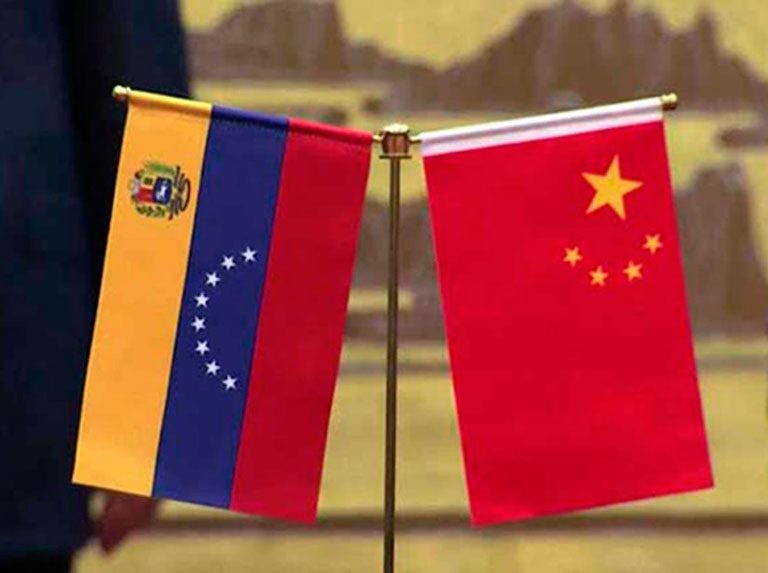Headquarters of Repsol Technology Lab. Photo from Repsol’s Multimedia Gallery.
Guacamaya, July 24, 2025. Despite the revocation of operating licenses in Venezuela by the Trump Administration, Repsol has maintained its presence in the Caribbean country and continues talks with Washington, hoping to establish a framework that will allow it to monetize its production. The Spanish company has reduced its asset exposure in Venezuela and emphasizes its role in supplying gas for the local power grid.
Repsol remains “hopeful of finding some kind of framework” to “monetize” its production in Venezuela amid ongoing discussions with the U.S. government under Donald Trump, as stated by the group’s CEO, Josu Jon Imaz, during the presentation of its first-half earnings.
The executive reiterated that Repsol “has always complied and will continue to comply with all applicable national and international laws and regulations governing its operations in Venezuela.” However, he stressed that the company remains in the Latin American country, supplying natural gas for domestic consumption to support the national electricity system.
“We have a very constructive and transparent dialogue with the U.S. government,” Imaz explained. “Very openly, we are working to secure a stable framework for our activities, which includes a viable mechanism to monetize the production we maintain in Venezuela,” he added.
According to data submitted by the company to Spain’s National Securities Market Commission (CNMV), Repsol has reduced its asset exposure in Venezuela to €330 million as of June 30, 2025, down from €504 million at the end of 2024. This figure primarily includes financing for its Venezuelan subsidiaries, investment in the Cardón IV gas project, and receivables from state-owned PDVSA.
Repsol’s average net production in Venezuela reached 70,500 barrels of oil equivalent per day in the first half of 2025, up from 65,000 barrels per day in the same period the previous year.
However, the company has been affected by the Trump Administration’s recent decision to revoke licenses that allowed several oil companies, including Repsol, to export crude from Venezuela. The measure, which also impacts Chevron (U.S.), Maurel et Prom (France), and Eni (Italy), led to the halt of these operations on May 27, 2025.
Currently, Repsol operates in the South American country through stakes in joint crude ventures such as Petroquiriquire and gas projects like Cardón IV. The company continues to assess its options to keep its investments operational while seeking an agreement that ensures profitability and legal security in an uncertain geopolitical environment






